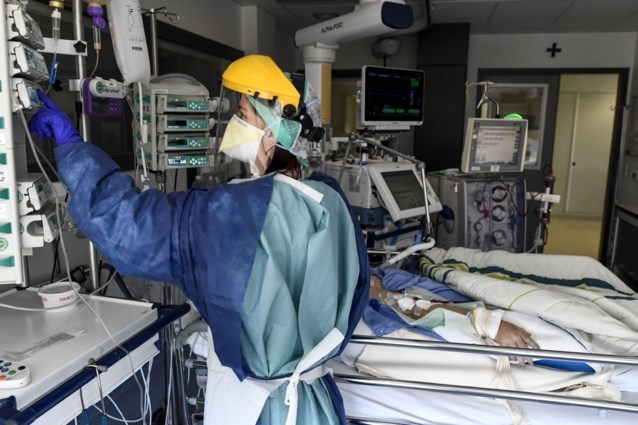While decreasing trends in disease incidence are being observed in Europe overall, there is still community transmission reported in most EU member states and candidate countries, the European Centre for Disease Control and Prevention (ECDC) warns in a new risk assessment.
Additionally, some countries are reporting a resurgence of observed cases or large localised outbreaks. As of 30 June, Bulgaria, Croatia, Czechia, Luxembourg, Poland, Portugal, Romania, Sweden and the United Kingdom had 14-day incidence of reported cases greater than 10 per 100 000.
Among these, five countries reported increases in 14-day incidence of reported cases of 10% or greater compared to the incidence of reported cases for the 14 days up to 16 June: Bulgaria (51%), Croatia (5 122%), Czechia (127%), Luxembourg (229%) and Romania (44%)
In its risk assessment, published yesterday (2 July), ECDC explains that the reasons behind the resurgence of cases observed vary. The increase may reflect increasing testing, that does not necessarily indicate increased rates of transmission, or may reflect genuine increases in transmission. Therefore, information must be interpreted with caution.
“While decreasing or stable trends in disease incidence are being observed in Europe overall, there is still community transmission reported in most countries. Some countries are also reporting an increasing number of cases or large localised outbreaks, which is another reminder that the pandemic is far from over,“ commented Andrea Ammon, ECDC Director.
“We all need to continue our efforts to avoid increases in transmission and protect those population groups at risk of severe disease. A robust monitoring framework and an expanded testing- and contact tracing strategy are crucial components in an effective response.”
“At an individual level, we should maintain physical distancing whenever possible, remain vigilant and continue exercising proper hand hygiene.”
In order to respond to the risks, the ECDS recommends among others an expanded testing strategy aimed at comprehensive testing of all individuals displaying symptoms compatible with COVID-19, independent from their country of origin or residency.
In line with WHO’s advice, ECDC also underlines the importance of an effective framework for contact tracing. It should be based on extensive testing, active case finding, early detection of cases, isolation of cases, quarantine and follow-up of contacts, possibly supported by electronic tools and applications.
M. Apelblat
The Brussels Times

